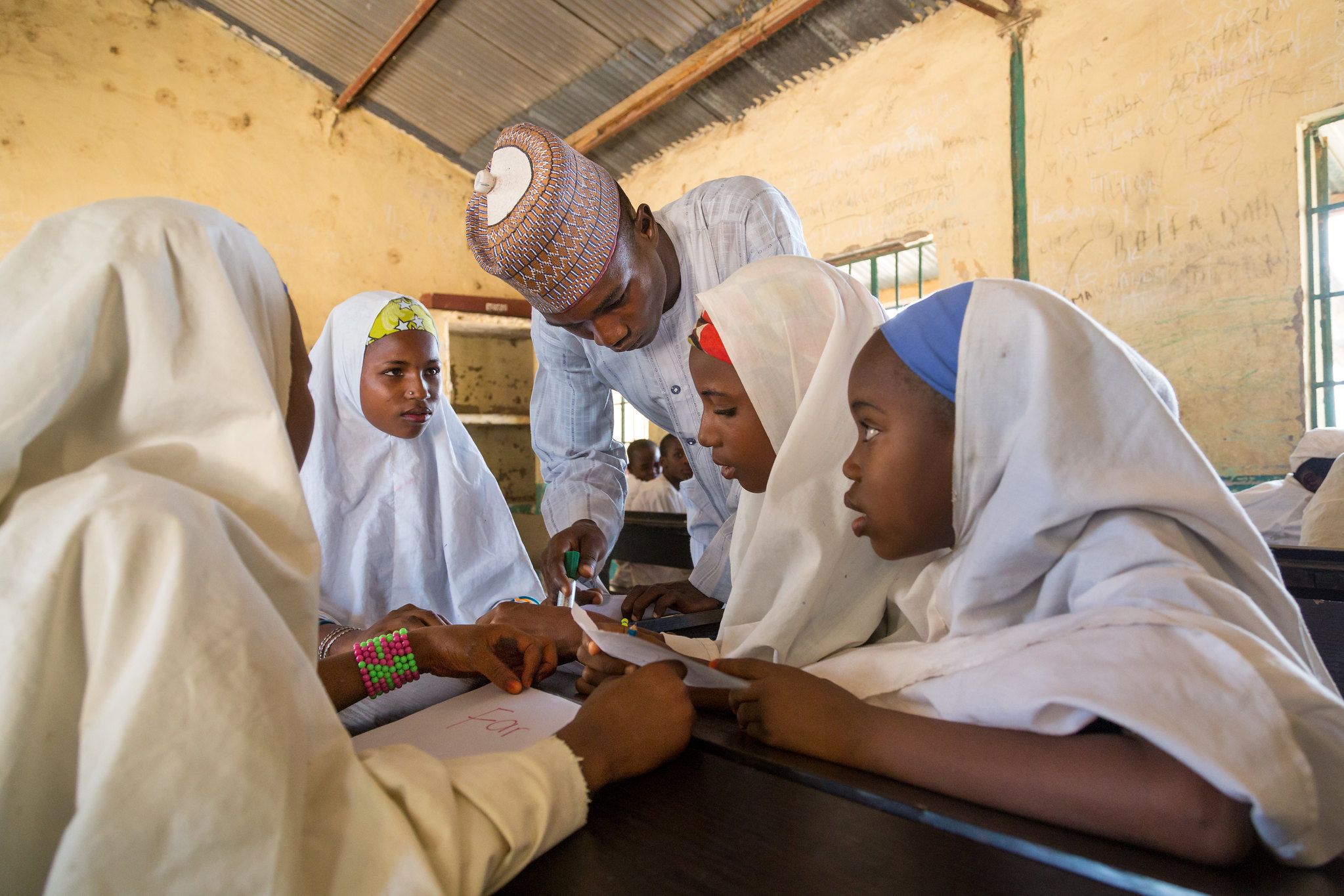
In the context of its extension until 2027, the Global Partnership for Education (GPE) Knowledge and Innovation Exchange (KIX), a joint endeavour with Canada’s International Development Research Centre (IDRC), is offering costed extensions to a selection of current applied research projects. Following a competitive process, the Connected learning for teacher capacity building in STEM project is one of those selected.
Background
Ensuring students have access to quality education requires a solid pedagogical foundation and supply of teachers. Unfortunately, in the areas of science, technology, engineering, and mathematics (STEM), there is an undersupply of teachers and professional development opportunities. In lower- and middle-income countries, the effects of this shortage are seen more acutely, potentially barring students from pursuing meaningful careers in STEM.
This project is testing and adapting the Connected Learning Initiative (CLIx), which includes curating and adapting open education resources, as well as building a community of practice connected via mobile devices. At its core, CLIx builds STEM teachers’ professional development at the middle and secondary levels. CLIx was originally created and piloted in India, and has been adapted to Bhutan, Nigeria, and Tanzania. An innovation diffusion study has generated knowledge on the processes and factors that support the adaptation of CLIx to new contexts, as well as the practices and conditions to enable scaling. Built into every part of the research process is a focus on gender, equity, and inclusion, paying special attention to the implementation of the initiative in rural areas and amongst marginalised user groups.
Results to date
The project drew on findings from its situation analysis studies to co-develop 13 contextualized online STEM learning modules, which were further localised for each country. These collaborative development efforts have all been shared on the CLIx database of education resources, accessible to others looking to improve teacher professional development in the sciences and mathematics. The project has also created a higher-order teaching with inclusion and equity (HOTIE) framework for implementation. Participating teachers engaged with subject-specific and pedagogy modules that allowed them to complete online course content, prepare lesson plans, conduct the classes they had planned, and reflect on that practice. The project received an overwhelming level of support from teachers and ministries of education (MoEs), with calls to implement the initiative at a larger scale.
Upcoming Plans
The extension will focus on institutionalising CLIx and the communities of practice that have emerged, building insights on South-South research collaboration. To do so, the project will deepen engagement with relevant national stakeholders to refine the design and operation of the model. It will also offer a certificate course in the CL4STEM principles in partner universities and educational systems, as these have been endorsed by the MoEs of each implementing country. The project will build further evidence on how innovation may be scaled to the institutional level and how teacher professional development may be addressed through an innovative, contextually relevant model.
Further details on the project and updates can be found here.
